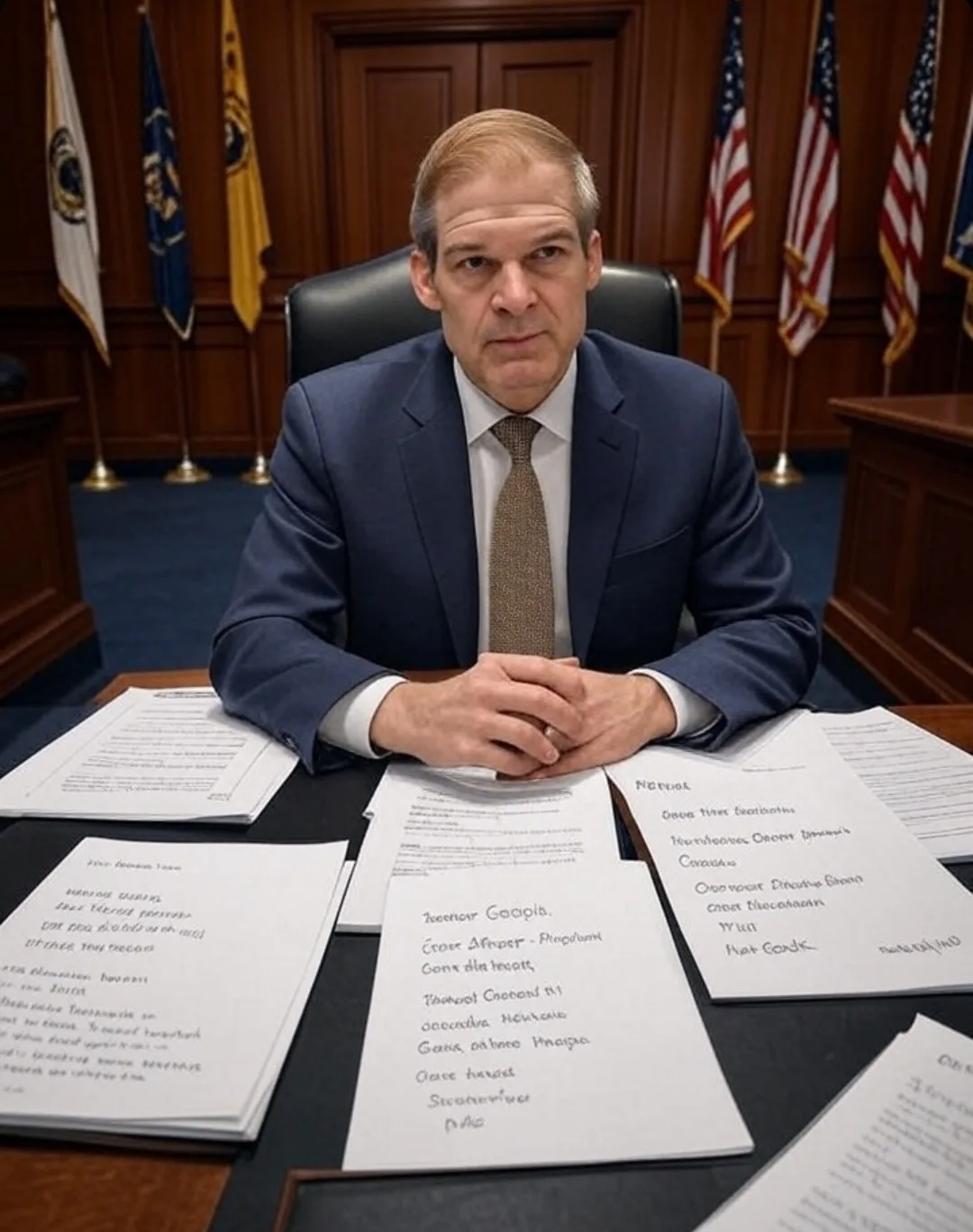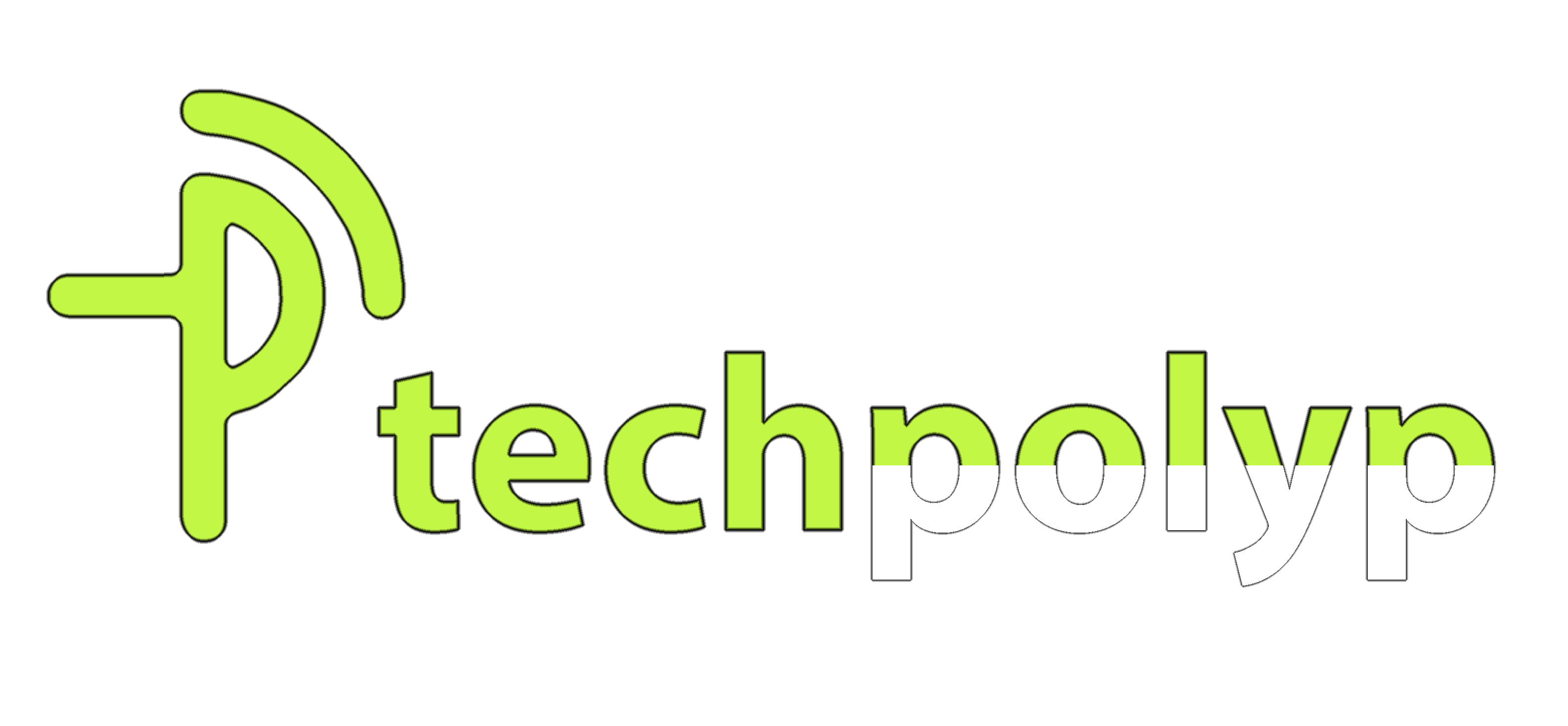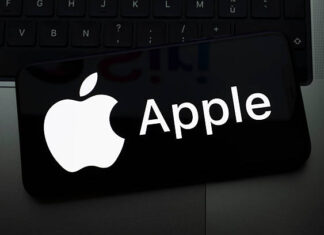When you purchase through links on our site, we may earn an affiliate commission. This doesn’t affect our editorial independence.
Jim Jordan (R-OH), the House Judiciary Chair, has on Thursday, sent letters to Google, OpenAI, and 16 other 16 American technology firms, verifying previous communications with the Biden administration that might suggest the former president “coerced or colluded” with companies for AI censorship on lawful speech.

The Trump administration’s top technology advisors previously signaled to pick a fight with Big Tech over “AI censorship,” which is likely the next phase in the culture war between conservatives and Silicon Valley. Jordan previously led an investigation into whether the Biden administration and Big Tech colluded to silence conservative voices on social media platforms. Now, he’s turning his attention to AI companies—and their intermediaries.
In letters to technology executives, including Google CEO Sundar Pichai, OpenAI CEO Sam Altman, and Apple CEO Tim Cook, Jordan pointed to a report his committee published in December that he claims “uncovered the Biden-Harris Administration’s efforts to control AI to suppress speech.”
Jordan asked Adobe, Alphabet, Amazon, Anthropic, Apple, Cohere, IBM, Inflection, Meta, Microsoft, Nvidia, OpenAI, Palantir, Salesforce, Scale AI, and Stability AI for information in this latest inquiry. They have until March 27 to provide it.
House Judiciary Chair Targets AI Censorship
However, there was a notable omission in Jordan’s list, exempting billionaire Elon Musk’s frontier AI lab, xAI. This is suggested because Musk, a close Trump ally, is a tech leader at the forefront of conversations about AI censorship.
Assumably, the conservative lawmakers would ramp up scrutiny over alleged AI censorship. Perhaps in anticipation of an investigation such as Jordan’s, several tech companies have changed how their AI chatbots handle politically sensitive queries.
Earlier this year, OpenAI, before launching an AI agent for in-depth research, announced it was changing how it trains AI models to represent more perspectives and ensure ChatGPT wasn’t censoring certain viewpoints. OpenAI denies this was an attempt to appease the Trump administration but rather an effort to double down on the company’s core values.
Anthropic, for its part, has said that its newest AI model, Claude 3.7 Sonnet, will refuse to answer fewer questions and give more nuanced responses on controversial subjects.
Other companies have been slower in changing how their AI models treat political subject matter. Leading up to the 2024 U.S. election, Google said that its Gemini chatbot wouldn’t respond to political queries. Even after the election, it was discovered that the chatbot wouldn’t consistently answer simple political questions, like “Who is the current President?”
Some tech executives, including Meta CEO Mark Zuckerberg, have added fuel to conservative accusations of Silicon Valley censorship by claiming the Biden administration pressured social media companies to suppress certain content like COVID-19 misinformation.









